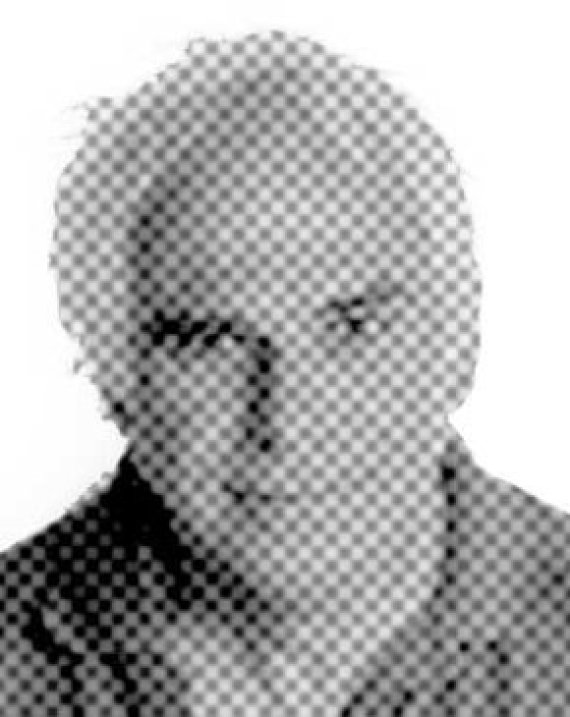Every Sunday evening Professor Fresco tells us about the seed bank on Spitsbergen, apples, pigs, farmed fish, rice, Norman Borlaug – and as a finale, ‘The Greedy City’. All thoroughly interesting subjects, and yet I feel a bit uneasy as I watch her in all those would-be relaxed poses, whether she’s leaning against a tree, halfway up an apple tree or sitting on the edge of a pavement. All that informality creates a strange tension. Or is there a hard clash in herself between Louise the novelist and Professor Fresco the food expert? Somehow the atmosphere stays superficial. I never see her really being moved by anything. All the time she projects the same cool, scientific, so-called objective tone over beautiful warm landscapes. A highly intelligent being interviewing eccentric and lively people from the field of practice. I see someone who is a slave to her own conviction but does not manage to impart it to others. I see no conflict or far-reaching disagreement; no emotion, no mildness, no doubt. Just a relentless distance with a touch of arrogance, as if she only finds people interesting who fit into her analysis and vision. I don’t get it that the pigs in Umbria can live outside but those on a farm in the Netherlands cannot. If pigs were out of doors, as they are on organic farms, they would suddenly pose a danger to public health because they would contract salmonella infections. But not a word is spoken on this subject in Umbria: there it fits ‘so well in the culture, there people know the meaning of food and quality’! She says she is looking for her paradise, which is a world in which everyone has enough to eat, and healthy food. A world in which links are restored between farmers and consumers, city and countryside. But it is Fresco’s Paradise, not mine!
Fresco’s paradise?
There is something odd about the TV series Fresco’s Paradise, which is currently being broadcast by Dutch humanist broadcasting company Human.

